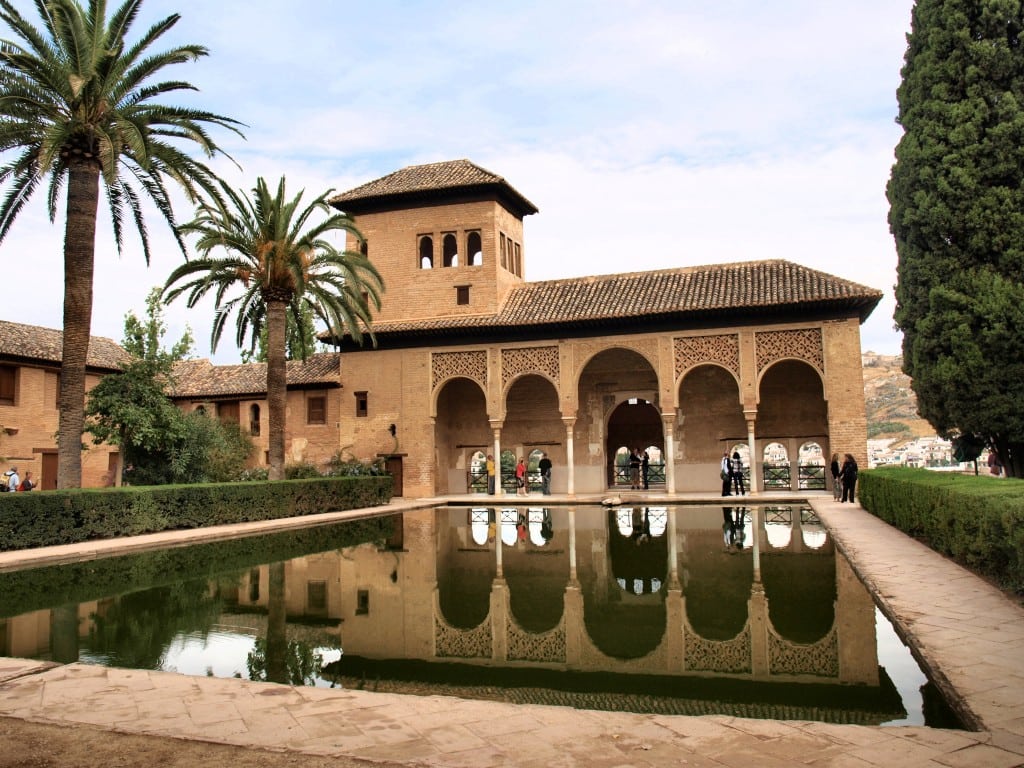 For the sixth consecutive year, the Global Muslim Travel Index (GMTI) has been published ranking 130 countries to benchmark how destinations are catering to the Muslim travel market. Malaysia once again leads the list of countries best for halal travel.
For the sixth consecutive year, the Global Muslim Travel Index (GMTI) has been published ranking 130 countries to benchmark how destinations are catering to the Muslim travel market. Malaysia once again leads the list of countries best for halal travel.
The index was compiled by the company specializing in halal tourism CrescentRating in partnership with MasterCard. Among the countries ranked in the index there are 48 Muslim countries and 92 non-Muslim destinations.
Malaysia continues to top the GMTI this year, for the sixth time in a row. The country has consistently been able to maintain its standing amongst the main three themes of Family-friendly holiday and safe travel destination Muslim-friendly services and facilities at the destination, and Halal awareness and destination marketing. UAE has overtaken Turkey to take the second position, while Indonesia has improved its ranking to move to 4th place. Among the non-OIC countries, Singapore retained its top position while Taiwan and Japan have continued to improve their overall ranking.
Top 10 Muslim Friendly Destinations (Muslim countries):
- Malaysia
- United Arab Emirates
- Turkey
- Indonesia
- Qatar
- Saudi Arabia
- Oman
- Morocco
- Jordan
- Egypt
Top 10 Muslim Friendly Destinations (non-Muslim countries):
- Singapore
- Thailand
- Britain
- South Africa
- Hong Kong
- la France
- Taiwan
- japan
- Sri Lanka
- United States
According to the authors of GMTI, halal travel market in 2015 included 117 million Muslim travelers. The number is expected to reach 168 million by 2020 representing a revenue of USD 200 billion. Asia and Europe are the two most popular regions attracting Muslim visitors.
The Muslim travel market is considered to be one of the fastest growing segments in the global travel industry. One of the key drivers for the increase of the halal travel market is the growing Muslim population, which is expected to make up 26 percent of the world’s population by 2030.
The middle class with greater disposable income in countries with large Muslim populations is also increasing. These include Gulf countries, Indonesia, Malaysia, Turkey, Nigeria and Bangladesh.
The potential of halal travel market also lies in the fact the Muslims are the youngest of all major religious groups (median age of 23 years old in 2010), seven years younger than the median age of non-Muslims, according to Pew research. Muslim travelers are better informed and are actively influencing the travel planning of their family holidays.
The increasing access to travel information through improved Internet access and higher penetration of smartphones have made travel planning for Muslim tourists much easier. Muslim majority countries such as Saudi Arabia and the UAE are among the top countries regarding smartphone penetration.
Over the last few years, increasing number of companies and destinations adapt their services to cater to halal travel. As a result, many major cities provide halal food facilities and Muslim-friendly services are increasing in availability.
Read more at http://www.tourism-review.com/best-halal-travel-destinations–news4992#KTMeiRe3jus4AQJM.99



